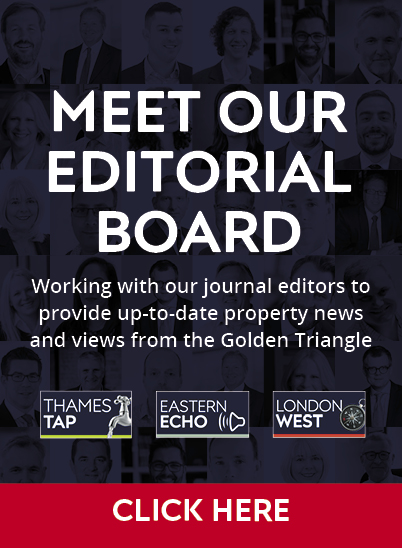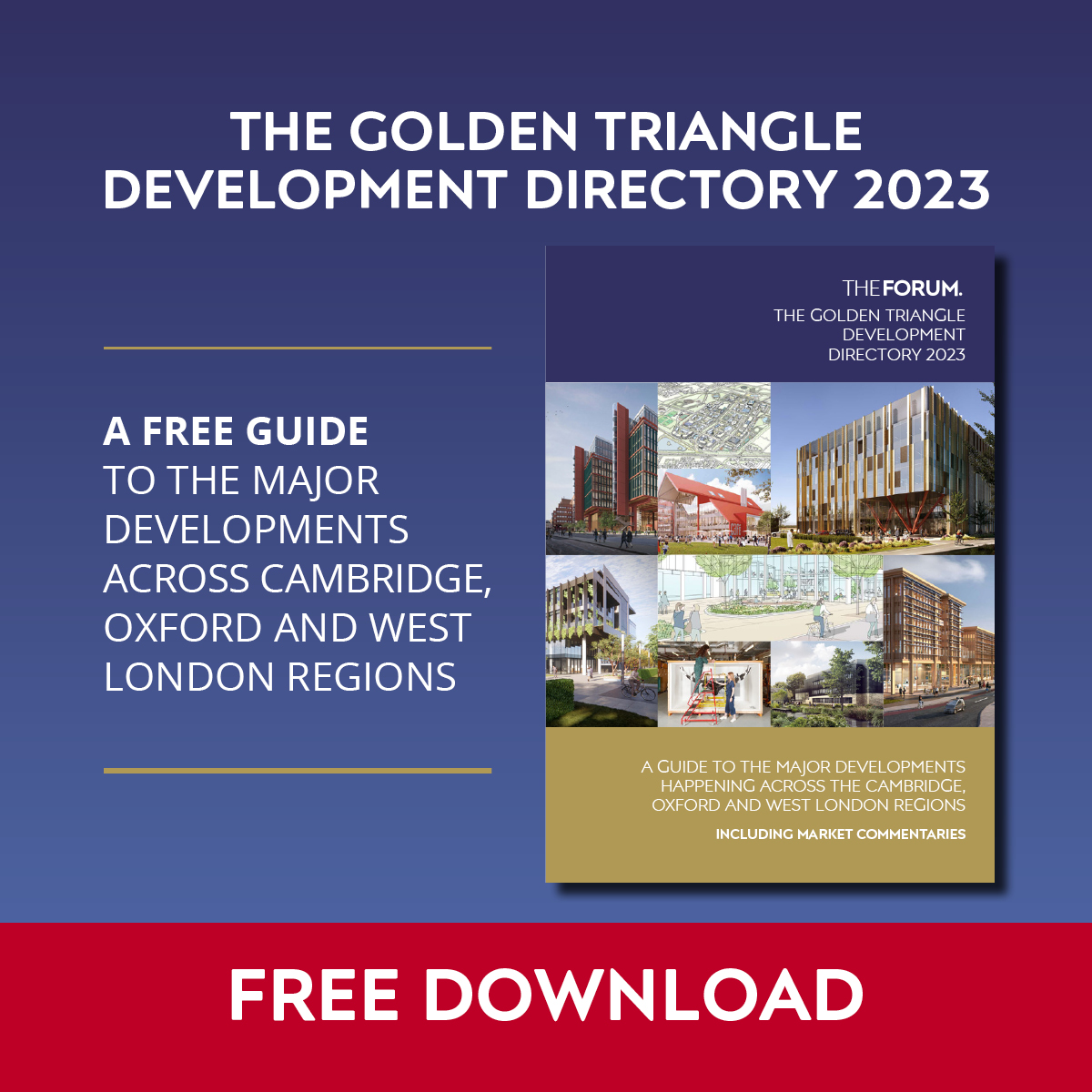What’s the point in an expensive fit-out without clear leadership from the top of the business on how best to use the new space.
As the famous saying goes “there are decades when nothing happens, and there are weeks when decades happen”. It appears we are in that time when things might change very quickly. However, it is important not to simply conflate the interim issues from Covid-19 and the need for longer-term changes to the way we approach the world of work.
The virus is certainly changing the way we live and work now and as long as it is as virulent, our habits will continue to be different. We are certainly more aware of others and I’d like to think more conciliatory, although I wonder sometimes. Homeworking is obviously now the default for the commercial office sector.
What will it be like when it’s gone? Particularly relevant for this forum is the way we work and the way we treat each other. Will proper agile/activity-based working become even more “the norm”? What about meetings? Will conference and video calls be the default position, with face to face meetings only necessary for particular types of conversation? Will this forced closure awaken a realisation that strict timings (many key services accepted of course) for work is often counter-productive. That fear of missing the 7.43 because it gets you to the office 8 mins quicker! So the whole work/life balance comes into sharp focus and so does the way we treat our environment and the people in it.
Before the shutdown, I was invited to visit another fantastic fit-out that will undoubtedly win awards and plaudits and self-congratulation for those involved. Except on closer inspection, why don’t people actually use the new ‘amazing break-out spaces’ that boast ‘collaboration and serendipity spaces’? Well, it might be because the concept seemed great in the studio but is actually physically and operationally useless.
Or could it be that it doesn’t suit the culture of the business, because the workplace and workforce are not aligned?
To get the best out of a workplace and the people who work there is to get the cultural alignment right before doing anything else. There’s no point in becoming an ‘agile’ business if ‘see-ability’ prevails and there’s no point in asking people to work in different work-settings if management sits in shiny glass boxes or refuses to work in ‘agile’ work-settings themselves. It is even worse if the culture of the organisation is one of ‘you’re here to work, so get on with it’. ‘Work’ generally is a given, but the way we work shouldn’t be. It’s a two-way thing. The business has to support the workforce and the workforce has to support the business.
And what is the point of this need to rush to the office every day, or indeed rush anywhere? There are plenty of hours in the day to play with. So what is wrong with an ‘owl’ working different hours to a ‘lark’? It surely cannot be beyond the ‘wit of man/woman’ to co-ordinate their diaries to achieve a set objective. The need to flatten out the peaks of environmental damage and pressures on roads and public transport, not to mention the whole mental health and wellbeing agenda, is vital. We seem to be doing it for the virus, so why don’t we continue to do it for ourselves. We could simply cut down on traveling from one place to another just to do the same function that we could carry out in the original place! Not all the time, because we are active and social animals and we need and want to meet face to face and talk, to discuss things and to ‘bounce things of each other’ or whatever the latest jargon is!
Analysis is fundamental to the creation of the workplace. However ‘cultural alignment’ should be at top of the agenda. The need for the culture and values of the business to be aligned with the workplace and the entire workforce is vital, which means it starts from the top. Business ethos sounds great in the head of its creator and even better on social media, but if it doesn’t translate into workable solutions that people are happy to adopt then all this talk of a workplace revolution will simply disappear.
Steve Hutton, Workplace Consultant, MAA Architects who based in South West London.
© London West (powered by ukpropertyforums.com)














